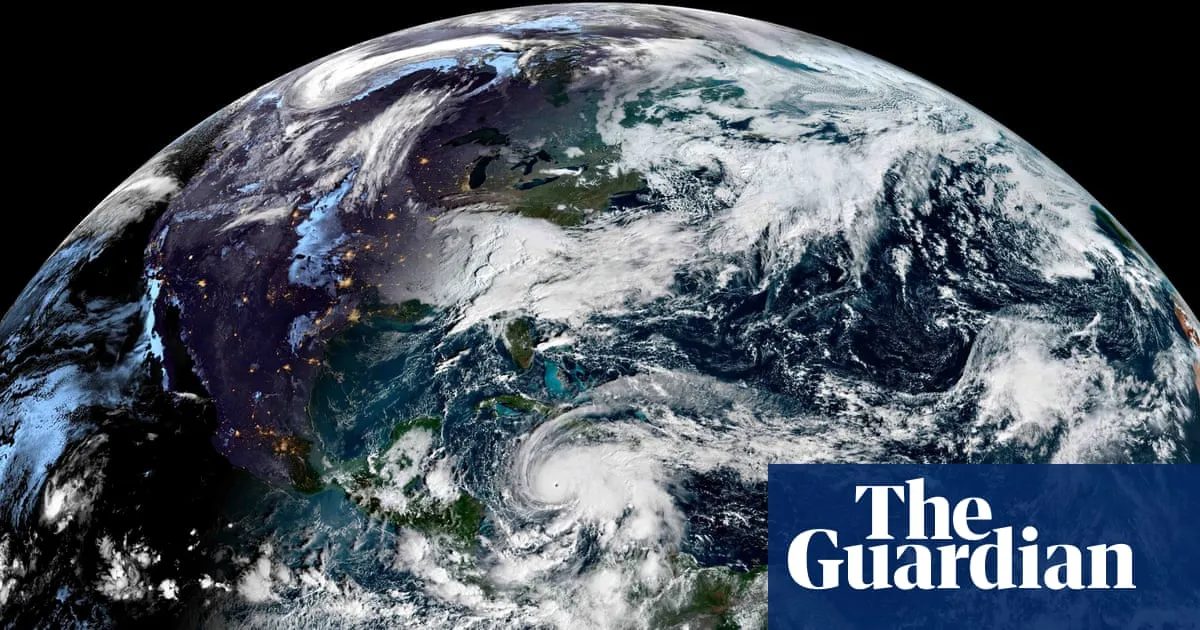
Hurricane Melissa is on the brink of making landfall in Jamaica, and it is projected to be a catastrophic Category 5 storm, marking the strongest hurricane to impact the island since record-keeping began in 1851. This slow-moving giant is expected to hit on Tuesday afternoon local time, traversing diagonally across the island before advancing to Cuba, with significant repercussions also anticipated in Haiti and the Bahamas.
Hurricane Melissa is particularly perilous due to its rapid intensification and sluggish movement, akin to the pace of a person jogging. This means the storm will linger over Jamaica longer, exacerbating potential damage. In an astonishing turn of events, the winds surged from 70 mph to 140 mph (225 km/h) within just 24 hours, marking one of the fastest intensifications on record in the Atlantic Ocean. As a Category 5 storm, it boasts maximum sustained winds of 180 mph (280 km/h), making it one of the most powerful storms in the region's history. According to the US National Hurricane Center in Miami, Melissa is currently moving north-northeast at 7 mph.
Forecasters are warning that Jamaica is at risk of catastrophic flash flooding and numerous landslides due to Hurricane Melissa. In response to the impending disaster, airports have been closed, and highway toll barriers have been lifted to facilitate evacuations. Jamaica, a small island nation with limited resources, is still recovering from the damage inflicted by Hurricane Beryl, which caused unprecedented destruction last year. Prime Minister Andrew Holness stated, “There is no infrastructure in the region that can withstand a Category 5 storm. The question now is the speed of recovery. That’s the challenge.”
A life-threatening storm surge of up to 4 metres (13 ft) is anticipated along southern Jamaica, raising concerns about potential damage to coastal hospitals. The aftermath of this storm could have lasting impacts, especially since Jamaica's economy relies heavily on tourism, which accounts for about a third of its annual revenue.
As Hurricane Melissa approaches, tens of thousands of Jamaica's 2.8 million residents may face displacement. Prime Minister Holness has announced that there are 850 shelters available across the island, capable of accommodating over 20,000 people. However, many families have opted to stay in their homes, despite government evacuation orders in flood-prone areas. Colin Bogle, a Mercy Corps adviser based near Kingston, noted, “Many have never experienced anything like this before, and the uncertainty is frightening. There is profound fear of losing homes and livelihoods, of injury and of displacement.”
The extraordinary intensification of Hurricane Melissa may be indicative of the effects of the climate crisis, particularly the rapid heating of the world’s oceans. Melissa is the fourth storm in the Atlantic this year to experience rapid intensification in wind speed and power. This kind of intensification has been linked to the human-caused climate crisis, which is resulting in warmer ocean temperatures. Researchers from Climate Central, a nonprofit organization analyzing climate science, found that during Melissa’s rapid intensification, the storm drifted over ocean waters that were 1.4C hotter than average. These conditions were made up to 700 times more likely due to the climate crisis, according to the organization.